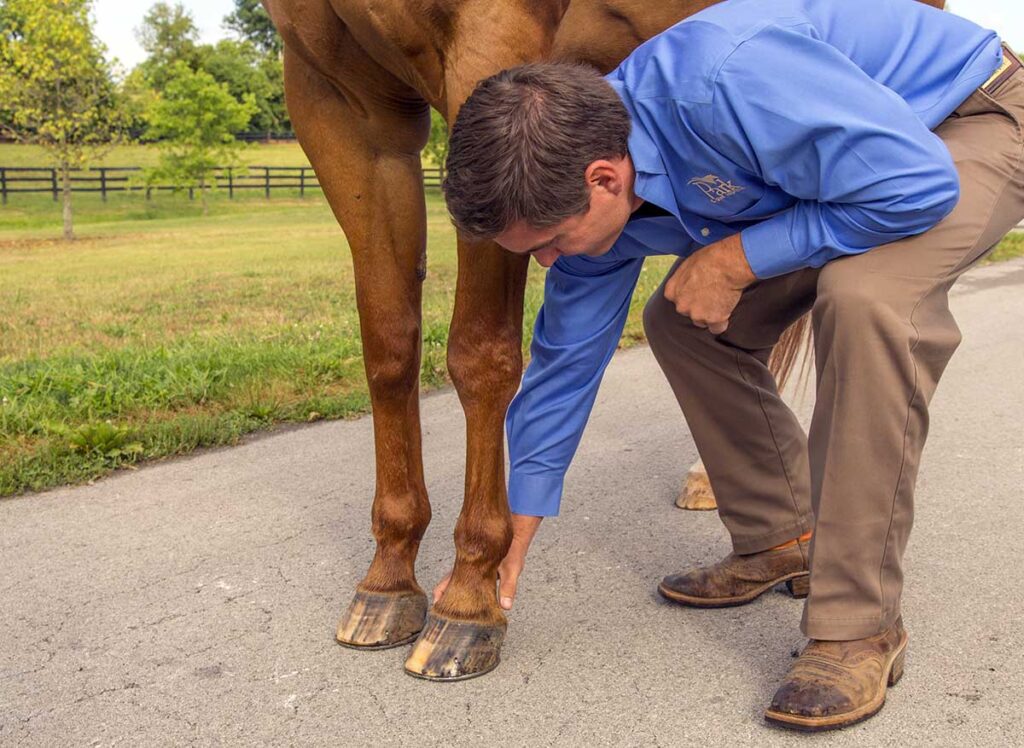
How to Calm a Horse? Shocking Techniques for Big Changes
Share
Are you a health-conscious pet owner struggling with your horse's anxiety? Understanding how to calm a horse can be a remarkable journey that significantly enhances your bond with your equine friend. Here, we will unveil some life-changing, expert-approved techniques that will not only calm your horse but will also transform your riding experience.
Before exploring these tremendous methods, lets dive into the reasons why a horse might be anxious and stressed. Anxiety in horses can arise due to various factors, including changes in their environment, social dynamics within a herd, or even certain physical discomforts.

Understanding Horse Behavior
Recognizing why your horse displays anxiety is the first step toward calmness. Symptoms can manifest in various forms, such as:
- Restlessness: A horse may pace or fidget.
- Whinnying: Excessive vocal sounds can indicate distress.
- Muscle Tension: Look for stiffness in movements.
Talking to Your Horse
Horses, like humans, respond to verbal prompts and the tone of voice. Using a gentle voice can help foster a sense of security. Consistently employing the same phrases can create a comforting routine, making it easier for your horse to understand what you expect from them. This method is not only effective but also strengthens the bond between you and your horse.
Utilizing Technology
In today's world, technology plays an unmissable role in horse care. From smart grooming tools that keep your horse comfortable to apps that help you track behavior changes, technology can provide insights into your horses needs. For example, using a thermal imaging device can help identify physical discomfort, creating opportunities for timely and effective intervention.
Techniques to Calm Your Horse
Now, let's break down the specific techniques that can help calm your horse:
1. Create a Calm Environment
A serene setting is crucial for easing your horses anxiety. Ensure that your horses stable or paddock is free from distracting noises and chaos. Incorporating familiar decorations can help as well.
2. Consistent Routine
Implementing a consistent routine can significantly decrease anxiety levels. Horses thrive on predictability, so feeding, grooming, and riding times should remain as standard as possible.
3. Gentle Touch Techniques
Using your hands for gentle strokes when grooming can reassure your horse. These tactile experiences can calm them down and create a strong connection between you.
4. Gradual Exposure
If your horse is scared of something specific, such as a noisy tool or a new method, gradually expose them to it. This should be done in a controlled setting, allowing your horse to explore at their own pace.
Health Considerations
Having a veterinarian involved in your horse's calming process is essential. Regular check-ups can ensure that physical ailments are not a cause of anxiety. You can learn more about typical health problems in horses by visiting this link.
Feeding for Calmness
The consumables can significantly influence your horses mood. Feeding high-quality hay, supplemented with calming herbs like chamomile, can help soothe nervous horses. Additionally, ensuring they are well-hydrated is vital for their overall health.
Frequently Asked Questions
What should I do if my horse is overly anxious?
First, assess their environment and look for sources of stress. If needed, consult with a veterinarian or equine behaviorist.
Can I use supplements to calm my horse?
Yes, many horse owners find success with calming supplements, but its essential to choose vet-approved products.
Is training necessary to calm my horse?
Training plays a significant role in behavior modification, but it should be paired with understanding and patience.

Related Links
As an Amazon Associate, I earn from qualifying purchases.
